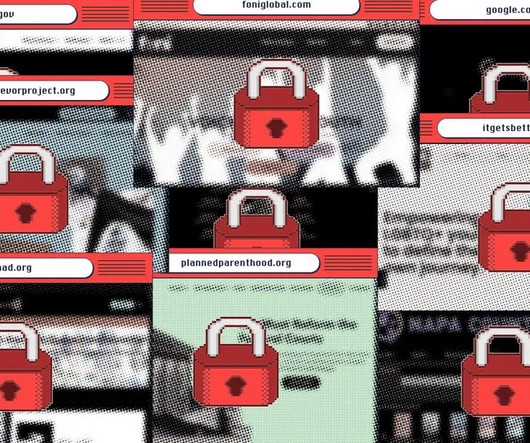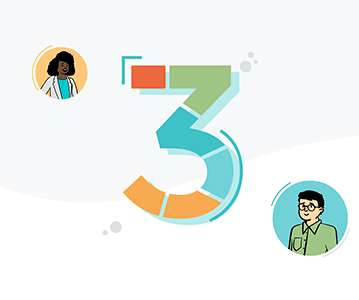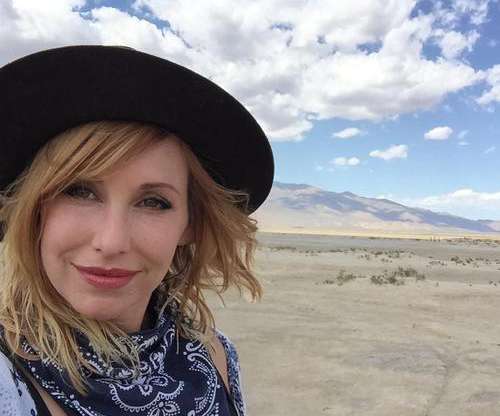CyArk: digitally preserving and sharing our vulnerable heritage
NeverEndingSearch
MARCH 14, 2015
Founded in 2003, CyArk (for cyber archive), is an international nonprofit dedicated to enhancing accessibility to and digitally preserving heritage sites for future generations. You may also be interested in the Google Cultural Institute. Thanks to Patricia Sarles for this lead. preservation 3D cultural heritage CyArk'


















Let's personalize your content